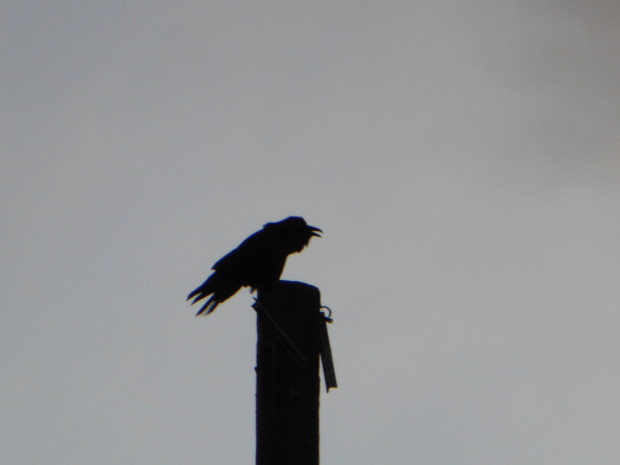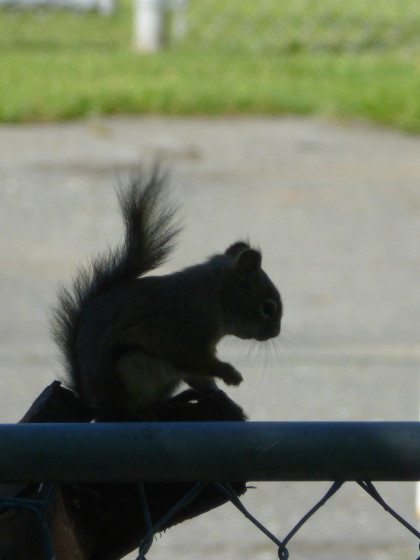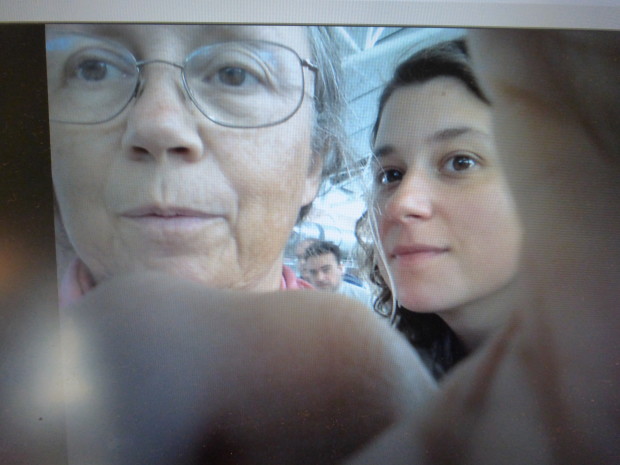Once, Truth and Falsehood met at a crossroads, and after they had greeted each other, Falsehood asked Truth how the world went with him. “How goes it with me?” said Truth. “Each year worse than the last.”
“I can see the plight you are in,” said Falsehood, glancing at Truth’s ragged clothes. “Why even your breath stinks.”
“Not a bite has passed my lips these three days,” said Truth. “Wherever I go, I get troubles, not only for myself, but for the few who love me still. It’s no way to live, this.”
“You have only yourself to blame,” said Falsehood to him. “Come with me. You’ll see better days, dress in fine clothes like mine, eat plenty, only you must not gainsay (contradict) anything I say.”
Truth consented, just that once, to go and eat with Falsehood because he was so hungry he could hardly keep upright.
They set out together and came to a great city, went to the best hotel, which was full of people, and sat and ate of the best. When many hours had gone by, and most of the people had gone, Falsehood rapped with his fist on the table, and the hotelkeeper himself came up to see to their wants, for Falsehood looked like a great nobleman. He asked what they desired.
“How much longer am I to wait for the change from the sovereign I gave the boy who sets the table?” said Falsehood. The host called the boy, who said that he had had no sovereign. Then Falsehood grew angry and began to shout, saying he would never have believed that such a hotel would rob the people who went in there to eat, but he would bear it in mind another time, and he threw a sovereign at the hotelkeeper. “There,” he said, “bring me the change.”
Fearing that his hotel would get a bad name, the hotelkeeper would not take the sovereign, but gave change from the reputed sovereign of the argument, and boxed the ears of the boy who could not remember taking the coin. The boy began to cry, and protest that he had not taken the sovereign, but as no one believed him, he sighed deeply and said, “Alas, where are you, unhappy Truth? Are you no more?”
“No, I am here, ” said Truth, through clenched teeth, “but I had not eaten for three days, and now I may not speak. You must find the right of it by yourself, my tongue is tied.”
When they got outside, Falsehood burst out laughing and said to Truth, “You see how I contrive things?”
“Better I should die of hunger,” said Truth, “than do the things you do.”
So they parted forever.
— “Truth and Falsehood”– Georgios A. Megas, Folktales of Greece (Chicago: University of Chicago Press, 1970), pp. 133-34




